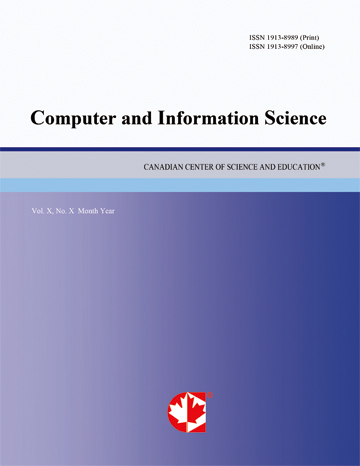Quantum Computing in the Biomedical Sciences; A Brief Introduction into Concepts and Applications
- Casper van der Kerk
- Attila Csala
- Aeilko H. Zwinderman
Abstract
Quantum computing is a field that aims to exploit the principles of superposition and entanglement to perform computations. By using quantum bits (qubits) a quantum computer is able to perform certain tasks more efficiently when compared to classical computers. While applied quantum computing is still in its early stages, quantum algorithms on simulated quantum computers have already been applied to certain problems in epidemics modeling and image processing. Furthermore, companies like Google and IBM continue to develop new quantum computers with an increasing number of qubits. While much progress has been made in the recent years, the so called ”quantum supremacy”has not yet been achieved, and quantum computing appears to be still unsuitable for most applications in biomedical sciences.
- Full Text:
 PDF
PDF
- DOI:10.5539/cis.v12n3p104
Journal Metrics
WJCI (2022): 0.636
Impact Factor 2022 (by WJCI): 0.419
h-index (January 2024): 43
i10-index (January 2024): 193
h5-index (January 2024): N/A
h5-median(January 2024): N/A
( The data was calculated based on Google Scholar Citations. Click Here to Learn More. )
Index
- BASE (Bielefeld Academic Search Engine)
- CNKI Scholar
- CrossRef
- DBLP (2008-2019)
- EuroPub Database
- Excellence in Research for Australia (ERA)
- Genamics JournalSeek
- GETIT@YALE (Yale University Library)
- Google Scholar
- Harvard Library
- Infotrieve
- Mendeley
- Open policy finder
- ResearchGate
- Scilit
- The Keepers Registry
- UCR Library
- WJCI Report
- WorldCat
Contact
- Chris LeeEditorial Assistant
- cis@ccsenet.org
